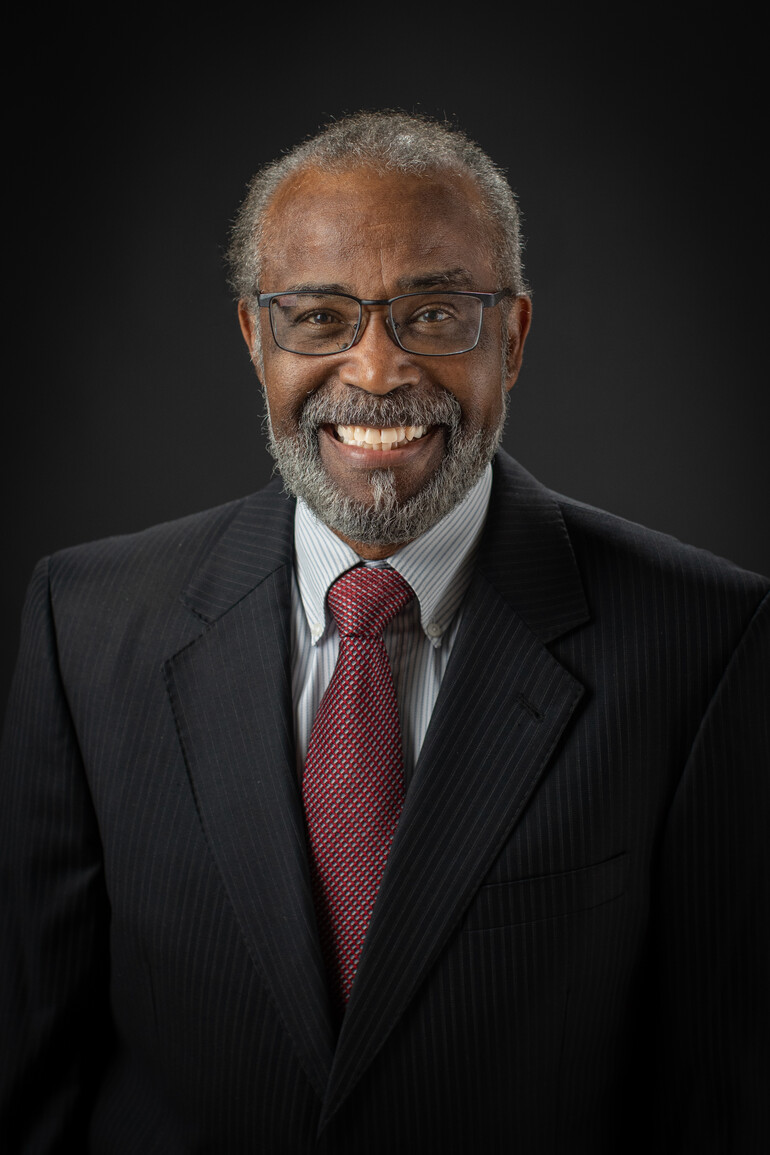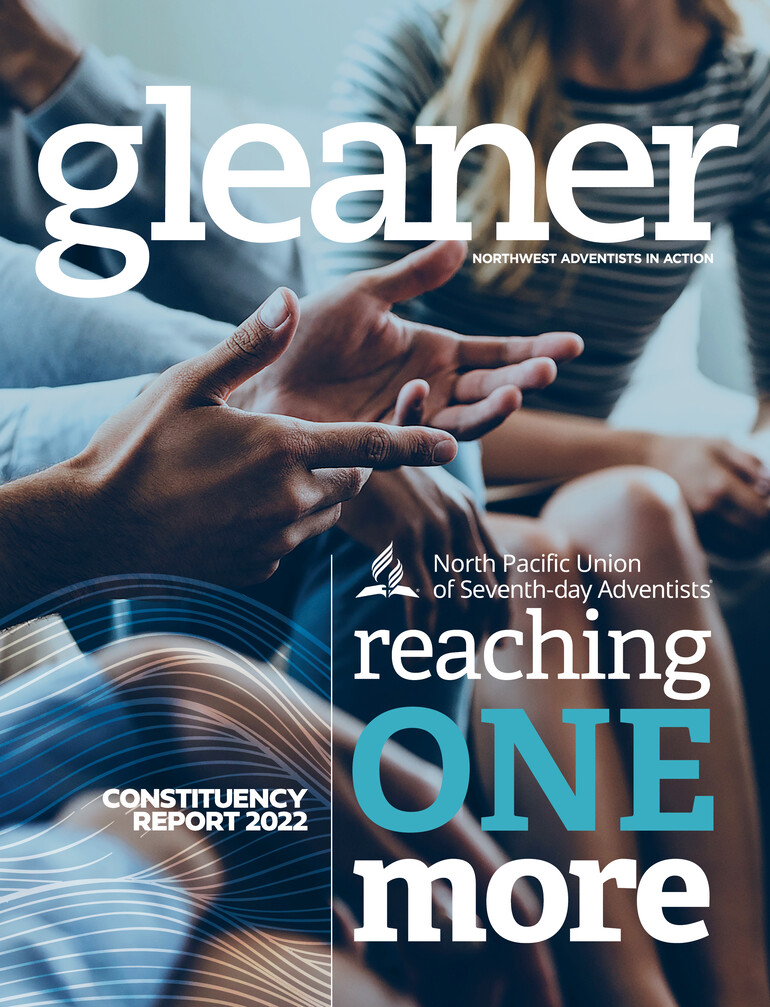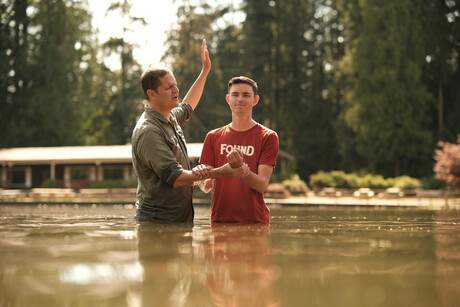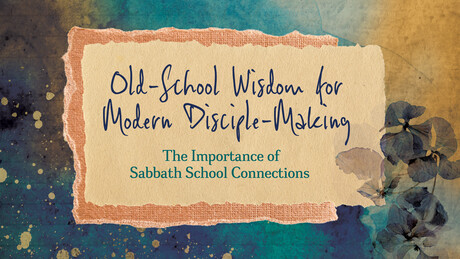Urban Ministry is not easily understood because it is much broader than work within the geography of a municipality. In North America, urban ministry inculcates practically everyone and everything, because “urbanality” influences everyone regardless of geography. Anyone who operates a computer or cell phone is influenced by elements of urban life. Issues and conditions such as crime, abuse, poverty, addiction, gangs, poor schools, homelessness, discrimination, health disparities, mental illness and more are seen everywhere. Urban ministry attempts to understand and address, with the love of Jesus, the needs of people suffering under these complications. The urban context itself presents a whole new series of missional challenges that Adventism did not face until relatively recently. With the majority of Americans living in cities, or at least heavily influenced by urban life, it makes sense that the church would focus on urban ministry as a means of fulfilling its mission to share the everlasting gospel of God’s love to every nation, kindred, tongue and people.
History:
Urban Ministry is not really a new player in the arsenal of Adventist ministries in the North American Division. It was practiced and prevalent in the early 20th century in cities such as Chicago, New York and San Francisco. However, its emphasis diminished until a brief revival in the 1970s and now is defined as “Inner-City Ministries.” That emphasis also petered out again. Today, the General Conference Urban Mission Center and the North American Division Adventist Community Services have initiatives to renew the Adventist Mission for, to and within cities where a majority of the American population resides.
Current Program:
The NPUC office of Urban Ministry began in 2019, and has been engaged in the following activities:
- Educating church, conference and union leaders regarding the opportunities and challenges of urban ministry.
- Establishing an Urban Ministry Advisory Committee with representation from each local conference to advise and plan future initiatives.
- Organized and implemented the NPUC Urban Ministries Convention, held virtually Sept. 16-18, 2021, offering dynamic speaker presentations and 35 breakout seminars, including tracks on ACS, Children’s Ministry, Conscience and Social Justice, Disaster Response, Health Ministries, Prison Ministries, Thrift Ministries and Urban Ministries. Presentations may be found on the union website.
- Seeking to provide alignment of purpose and program with the GC, NAD, local conferences and churches. Since each level of church governance identifies needs and appropriates resources differently, there is a need to better coordinate expectations and activities between the levels to achieve smooth operation and maximize the impact of the church in communities.
- Support Urban Ministry initiatives such as:
- Renew Spokane: A GC/NAD/NPUC/Upper Columbia Conference financed a pilot collaboration of innovative and effective ministries in the Spokane, Washington area. Its purpose is to create a collective sphere of influence to meet the needs of disadvantaged families, share the true love and image of Jesus and collaborate in planting churches in areas where there is minimal or no Adventist presence.
- HOPE House: A transitional housing facility in Tacoma, Washington is for “returning citizens” who have been incarcerated in the prison system. See the Prison Ministry Report for more information on this endeavor.
Opportunities:
- Foster greater cooperation, collaboration and coordination between Adventist entities in specific geographical areas. No one church has all the knowledge and resources to address the needs.
- Re-educate Adventist churches and members regarding the overwhelming admonition and support for urban ministry found in Scripture and Ellen White’s writings.
- Continue to look for collaborative opportunities with local and national organizations of good reputation and goodwill, such as World Vision and the Christian Community Development Association.
- Design and convene an Urban Ministry Immersion Experience for young adults.
- Offer preaching and seminars to interested churches.
- Convene a union-wide Urban Ministry Leadership Summit.
Perspective:
Urban Ministry is complex. It is a marathon, not a sprint. The goal must be impact and sustainability. It cannot be done with a Lone Ranger mentality. It must be wholistic and comprehensive to address all four areas of community service: relief, economic development, systemic change and community action. Relief is giving a hungry man a fish to eat for a day. Development is teaching that man to fish for himself and take care of his personal needs. Systemic change is making sure the lake is healthy, has healthy fish or identifying why it doesn’t. Community action involves educating and mobilizing that man’s wider community to make necessary changes to support family and community rehabilitation and transformation. The goal is to fulfill the work of Jesus expressed in John 10:10. “A thief comes only to rob, kill and destroy. I came so that everyone would have life, and have it in its fullest.”











